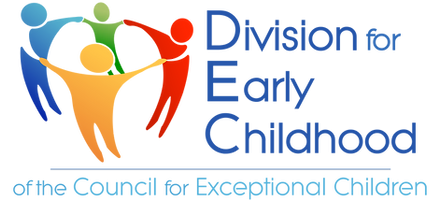Dr. Ann Turnbull, Distinguished Professor, Co-Founder and Co-Director of the Beach Center on Disability, describes the family-professional partnership framework to illustrate partnership-oriented practices. (running time: 3 min. 19 sec.)
View Transcript
Ann:
Hello, I am Ann Turnbull. The topic of trusting family-professional partnerships is very close to my heart and also my head. In terms of my heart, I have been privileged to be the mother of Jay Turnbull who had an amazing quality of life despite his multiple disabilities. In terms of my head, I am a faculty member, researcher, and advocate. The Family-Professional Partnership Framework has evolved from my research over decades, but my family experiences have enabled me to interpret the essence of families’ perspectives about trust-building.
Let’s begin with the pinnacle of trust at the top. What I learned from working with Jay’s teachers is that I had the utmost trust in some, conditional trust in others, and unfortunately a lack of trust in a few. What does the figure illustrate about the building blocks that make a difference in experiencing trust?
First, I call your attention to the blue arrows on the side of the figure–Family Focus and Child Focus. As you set out to develop a trusting partnership with families, you need to consider your relationship with the family (which is the family focus) and also your relationship with the child (or the child focus).
Now, let’s move to the green foundation. On the left side, a family focus builds on basic communication skills (that are included in module 3). These basic skills, such as active listening, are essential in all of your interactions with families.
Likewise, on the right side, a child focus builds on effective teaching skills of children. Families need to be confident that their child’s teacher has sound teaching competence and is eager to learn additional skills necessary to provide individualized support.
For both the family and child focus, practices that constitute the building blocks of trusting partnerships include enhanced communication, high expectations, respect, commitment, equality, and advocacy. You will learn about each of these building blocks in this module.
As I reflect over Jay’s school years, the true points of joy were the years in which we had a full and unconditional trusting partnership with his teachers. Our most trusted teacher partner, Mary Morningstar, made a significant and life-long sustainable difference in the quality of Jay’s life and ours. Just as Mary did for us, so too can you, by demonstrating partnership-oriented practices, do the same for children and families you serve.

